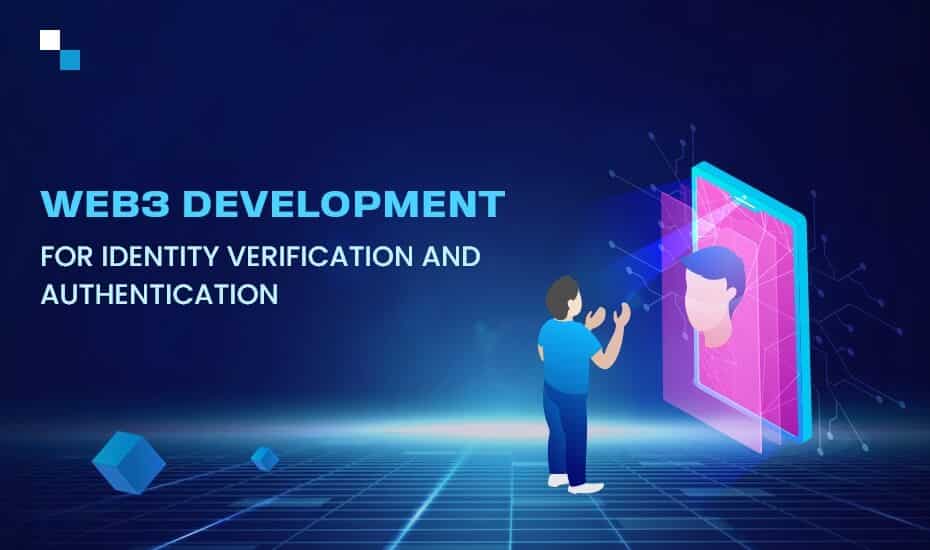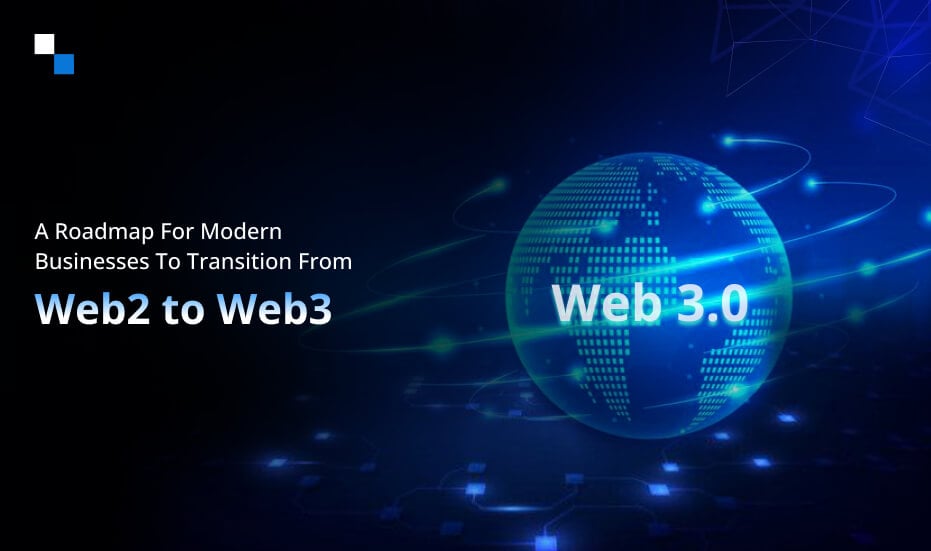Web3 is a new and exciting field in software development that is poised to revolutionize the way we interact with the internet. Web3, also known as the decentralized web, is a new paradigm in web development that seeks to replace the centralized internet we know today with a more decentralized and democratized web. One of the key areas where Web3 is likely to have a significant impact is in the field of identity verification and authentication.
Identity verification and authentication are some of the most vital components of the internet. They are used to ensure that users are who they say they are and to protect against fraud and identity theft. However, traditional methods of identity verification and authentication rely on centralized systems, such as usernames and passwords or government-issued IDs, which can be vulnerable to hacking and fraud. In contrast, Web3 development offers a new approach to identity verification and authentication that is more secure and decentralized.
Web3 Development for identity verification and Authentication
Web3 development services use blockchain technology to create a decentralized system for identity verification and authentication. As you may already know, Blockchain technology is based on a distributed ledger system that enables secure and transparent transactions without the need for intermediaries. This technology is ideal for identity verification and authentication because it allows for secure and transparent record-keeping that is difficult to tamper with or falsify.
In a Web3 system, users would have control over their own identities, rather than relying on centralized entities to verify and authenticate them. Users would be able to create their own digital identities, which could include personal information, such as their name, address, and contact information, as well as other identifying information, such as biometric data. These digital identities would be stored on the blockchain, making them secure and tamper-proof.
Pros of using Web3 Development for identity verification and Authentication
One of the key advantages of a Web3 system for identity verification and authentication is that it is more secure than traditional methods. Traditional methods of identity verification and authentication rely on centralized systems, such as usernames and passwords or government-issued IDs, which can be vulnerable to hacking and fraud. In contrast, a Web3 system uses blockchain technology to create a decentralized and secure system that is much more difficult to hack or falsify.
Another advantage of a Web3 system for identity verification and authentication is that it is more decentralized and democratized. Traditional methods of identity verification and authentication rely on centralized entities, such as governments, banks, and other institutions, to verify and authenticate users. In contrast, a Web3 system allows users to create and control their own digital identities, which can be verified and authenticated by other users in the network. This creates a more decentralized and democratized system that is less reliant on centralized entities.
Web 3.0 Development Company and Web 3.0 Development Services are playing a crucial role in the development of Web3 systems for identity verification and authentication. These companies are using blockchain technology to create decentralized and secure systems that are more resistant to hacking and fraud. They are also working to create user-friendly interfaces that make it easy for users to create and control their own digital identities.
Web 3.0 Development services are constantly working on addressing and resolving the technical and regulatory challenges to make identity verification more seamless. For example, there are still questions about how to ensure the privacy of user data in a Web3 system, and how to comply with regulations such as KYC (know your customer) and AML (anti-money laundering) laws. These challenges are being addressed by Web 3.0 Development Companies and Web 3.0 Development Services, who are working to create systems that are both secure and compliant with relevant regulations.
Partner with world’s best Web3 Development Company
Schedule Free DemoPotential Applications of Web3 Development for Identity Verification and Authentication
Web3 development for identity verification and authentication has the potential to be used in a wide range of applications, from financial services to healthcare to e-commerce. Here are a few examples:
Financial services: Web3 technology could be used to create decentralized systems for identity verification and authentication in the financial services industry. For example, instead of relying on traditional banking systems to verify a customer’s identity, a decentralized Web3 system could allow customers to create their own digital identities and verify their own identities for financial transactions.
Healthcare: Web3 technology could be used to create decentralized systems for patient identity verification and authentication in the healthcare industry. For example, instead of relying on traditional patient identification systems that are vulnerable to fraud and data breaches, a Web3 system could allow patients to create their own digital identities and securely share their health information with healthcare providers.
E-commerce: Web3 technology could be used to create decentralized systems for identity verification and authentication in e-commerce. For example, instead of relying on traditional methods of verifying a customer’s identity, a decentralized Web3 system could allow customers to create their own digital identities and securely make purchases online.
Benefits of Web3 Development for Identity Verification and Authentication
Here are some additional benefits of Web3 development for identity verification and authentication:
Improved security: Web3 development uses blockchain technology to create decentralized and tamper-proof systems for identity verification and authentication. This makes these systems more secure and less vulnerable to fraud and data breaches.
Increased control for users: Web 3.0 development allows users to create and control their own digital identities, rather than relying on centralized entities to verify their identities. This gives users more control over their personal data and how it is used.
Greater privacy: Web3 development can allow for greater privacy in identity verification and authentication by using cryptography to protect users’ personal information.
Lower costs: Web3 development can potentially reduce the costs associated with traditional methods of identity verification and authentication, such as government-issued IDs or biometric scanners.
Overall, Web3 development offers a promising new approach to identity verification and authentication that has the potential to make the internet more secure, user-controlled, and accessible.
Conclusion
Web3 Development, led by Web 3.0 Development Companies and Web 3.0 Development Services, offers a new approach to identity verification and authentication that is more secure, decentralized, and user-controlled. Using blockchain technology, Web3 systems create tamper-proof digital identities that can be used in a variety of applications, from finance to healthcare to e-commerce. With improved security, user control, and privacy, Web3 development has the potential to make the internet safer and more accessible.







